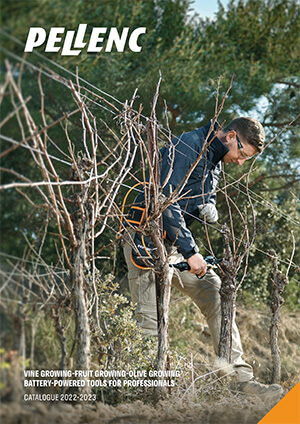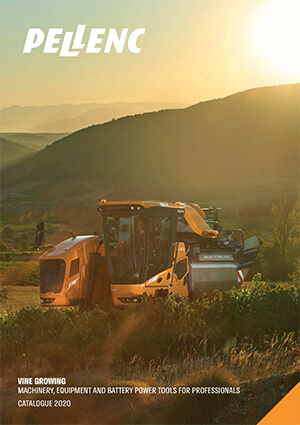In part one, we discussed the definition of sustainable farming, and now we must understand how we hurt the earth before we can change what we do.
Our mother earth doesn’t care what we do to it, we do. Profound comment?
But when we think about it our earth is simply responding to what we do to it and let’s face it, it’s ugly.
I would like to explore the idea of a 3-fold sustainability approach.
- The soil and air (let’s refer to the ancient elements of earth, air, fire & water),
- Our social structure & interactions,
- Economic structure.
These do seem obvious, but humans have a long way to go for all these areas to work in sync and to great effect when it comes to living within sustainable limits.
The soil and air
The soil and air are the basis of all life. This is where we all come from and end up. We are recycled along with every living process.
The elements cycle in the states of earth, air, fire & water.
When we begin to understand how these states interplay, we can understand how easily we can upset the balance and cause climatic events. E.g. clearing forest thus drying the landscape affecting the salt cycle and increasing the risk of summer bush fires and pushing carbon into the air cycle rather than the stable earth cycle. Cause and effect.
There are so many examples of human progression without a scant thought to how it affects these natural cycles. As I mentioned earlier the earth doesn’t care it just responds making our lives harder to live.
We can reverse this trend, but it takes conviction.
Our social structure & interactions.
We do things and we can undo things. Humans are resilient and adaptable social creatures. In the space of my life, I have always been taught and exposed to competition. It’s good to win and get ahead, progress and grow otherwise you don’t survive. Yet to manage competition in a society we require endless levels of regulation and compliance to conform to social order.
The flip side of competition is cooperation, something that’s taken me half a lifetime to grasp and now beginning to master. The results can be astounding as to what can be achieved is a short space of time. If a wide range of communities work together in cooperation rather than competition, we can change how we do things -and quickly.
We can discuss how our actions affect cycles and come to a consensus to what is acceptable. Balancing actions, effect, repair.
An example of this is we were in a group discussion recently at a local Viticultural conference. The topic of great interest was carbon cycle management, measurement, and accounting. We all recognise the opportunities this will present in a future economy, so have banded together to apply for federal grants to take steps forward and help develop systems of the future.
We have the people, the landmass, and the organisations all we are doing is working cooperatively to create change. We are not waiting for someone else to become more sustainable nor blaming someone else for not. We need to get on with the job. Like minded humans can achieve lasting change.
I was very enlightened recently at a Viticultural conference that nobody disagrees with climate change, and we all understand the need to move rapidly to change how we go about managing our soils and business enterprises.
Economic structure
A logical step would be to recognise that we are entering the new Carbon economy. Carbon will become a valuable commodity. Another way of looking at this is to imagine we are currently cycling carbon upwards (earth to atmosphere).
We want economic policies that encourage mining carbon from the atmosphere and depositing it in the earth (in a stable form).
A simplistic way of looking at it but essentially its exactly what we need to do to mitigate human living habits thus improving our fragile soils bringing many areas of land back to life.
Governments have a lot to play in the policy field. Currently we move two steps forward and one back. The issue politicking.
Governments of all sides lack general agreement due to the opposition of most ideas unless they are amended to completely unworkable position then dropped. We end up with second rate policies. It is a big problem and I wish I have an answer.
Should opposition parties be recognised and thanked for their contribution? it may be a start.
In the next edition, we will look at a future carbon economy and imagine how is can work plus steps to get there.
Thanks for reading, Ben.


